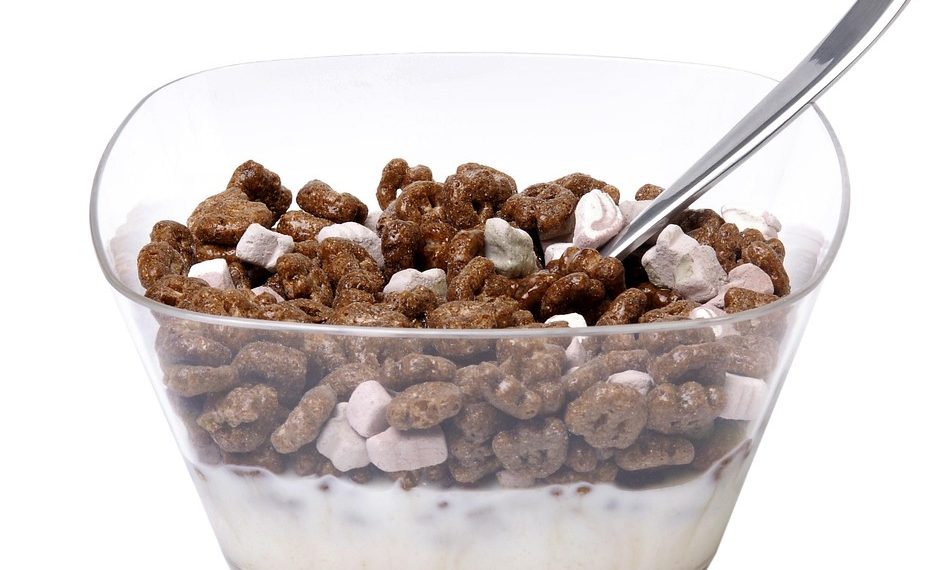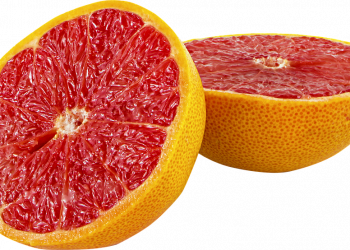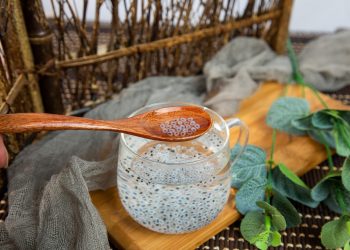Did you know that your diet can have a significant impact on your sperm count? It’s true! While many factors influence male fertility, the foods you eat can play a crucial role. Whether you’re trying to conceive or simply looking to enhance your overall health, incorporating certain foods into your diet can make a difference. Let’s dive into seven foods that can help boost sperm count and improve intimacy.
Contents
1. Walnuts
Why They Work
Walnuts aren’t just a tasty snack; they’re also packed with omega-3 fatty acids, which are essential for sperm production. A study published in the journal Biology of Reproduction found that men who consumed walnuts daily showed improved sperm vitality, motility, and morphology.
How to Incorporate
Try adding a handful of walnuts to your morning oatmeal or tossing them into a salad for added crunch. You can even blend them into smoothies for a nutritious boost.
Pros and Cons
- Pros: High in antioxidants and healthy fats; easy to include in various meals.
- Cons: Caloric density; moderation is key to avoid excess calorie intake.
2. Spinach
Why It Works
Spinach is rich in folate, which is crucial for sperm health. Research indicates that folate deficiency can lead to abnormal sperm. A study in Fertility and Sterility found that men with higher folate levels had better sperm quality.
How to Incorporate
Add spinach to your salads, smoothies, or omelets. Cooking it lightly retains most of its nutrients while making it easier to digest.
Pros and Cons
- Pros: Low in calories; versatile and easy to prepare.
- Cons: Some people may have difficulty absorbing iron from spinach if consumed raw.
3. Oysters
Why They Work
Oysters are famously known as aphrodisiacs, and for good reason! They’re loaded with zinc, a mineral crucial for testosterone production and sperm health. A study published in the Journal of Sexual Medicine highlighted the importance of zinc in male fertility.
How to Incorporate
You can enjoy oysters raw, grilled, or even in a chowder. If you’re not a fan of seafood, consider zinc-rich alternatives like beef or pumpkin seeds.
Pros and Cons
- Pros: High in protein and minerals; can enhance libido.
- Cons: Risk of foodborne illness if not prepared properly; some may have shellfish allergies.
4. Dark Chocolate
Why It Works
Dark chocolate is rich in flavonoids, which can improve blood circulation and enhance sperm quality. A study in Fertility and Sterility found that men who consumed dark chocolate experienced improved sperm motility.
How to Incorporate
Opt for chocolate with at least 70% cocoa content. Enjoy a small piece as a dessert or incorporate it into smoothies for a rich flavor.
Pros and Cons
- Pros: Can satisfy sweet cravings while providing health benefits; rich in antioxidants.
- Cons: High in calories and sugar; moderation is essential.
5. Pomegranate
Why It Works
Pomegranates are bursting with antioxidants, which can protect sperm from oxidative stress. A study in Evidence-Based Complementary and Alternative Medicine indicated that pomegranate juice improved sperm quality in men.
How to Incorporate
You can drink pomegranate juice or sprinkle the seeds on salads and yogurt for a refreshing twist.
Pros and Cons
- Pros: Delicious and refreshing; loaded with vitamins.
- Cons: Juice can be high in sugar; whole fruit is often more beneficial.
6. Eggs
Why They Work
Eggs are a fantastic source of protein and vitamin D, both of which have been linked to improved sperm health. A study in Human Reproduction found that vitamin D levels correlate with higher sperm counts.
How to Incorporate
Enjoy eggs scrambled, boiled, or poached. They’re versatile and can be added to various dishes for extra protein.
Pros and Cons
- Pros: Nutrient-dense and filling; easy to prepare in many ways.
- Cons: High in cholesterol; moderation is advised for those with cholesterol concerns.
7. Berries
Why They Work
Berries, especially blueberries and strawberries, are high in antioxidants, which can help combat oxidative stress and improve sperm quality. A study in the American Journal of Clinical Nutrition showcased the benefits of antioxidants for male fertility.
How to Incorporate
Snack on fresh berries, add them to smoothies, or mix them into yogurt for a nutritious breakfast.
Pros and Cons
- Pros: Low in calories and high in fiber; delicious and easy to find.
- Cons: Can be expensive depending on the season; freshness varies.
FAQs
1. Can diet alone improve sperm count?
While a healthy diet can positively influence sperm count, it’s essential to consider other factors such as lifestyle choices, stress levels, and underlying health conditions.
2. How quickly can diet changes impact sperm count?
Changes in diet may take a few months to reflect in sperm quality, as sperm production takes approximately 64 to 72 days.
3. Are there any foods to avoid for better sperm health?
Yes, processed foods, excessive alcohol, and high-sugar items can negatively impact sperm health. It’s best to limit these for optimal results.
4. Can supplements help boost sperm count?
Some supplements, like zinc and vitamin D, may help, but it’s always best to consult a healthcare provider before starting any new regimen.
Conclusion
Enhancing sperm count might seem like a daunting task, but small dietary changes can lead to significant improvements. Incorporating foods like walnuts, spinach, and dark chocolate into your meals can not only boost your sperm health but also improve your overall well-being. So, why not give it a try? Your body—and your intimacy—may thank you for it!
This article is for educational purposes only and is not a substitute for professional medical advice. Always consult a qualified healthcare provider before making changes to your health routine.
References
-
Baird, D. D., et al. (2018). “Dietary intake and semen quality: a cross-sectional study.” Fertility and Sterility. https://www.fertstert.org/article/S0015-0282(18)30164-5/fulltext
-
Liao, C., et al. (2019). “The impact of antioxidants on sperm quality: a systematic review.” Biology of Reproduction. https://academic.oup.com/biolreprod/article/100/4/1068/5227034
-
Kahn, J. R., et al. (2017). “Zinc and male fertility: a review.” Journal of Sexual Medicine. https://www.jsm.jsexmed.org/article/S1957-3057(17)30134-2/fulltext
-
Mirmiran, P., et al. (2019). “Pomegranate juice consumption and its effects on sperm quality.” Evidence-Based Complementary and Alternative Medicine. https://www.hindawi.com/journals/ecam/2019/8712360/
-
Gaskins, A. J., et al. (2013). “Dietary intake of antioxidants and sperm quality among men attending a fertility clinic.” American Journal of Clinical Nutrition. https://academic.oup.com/ajcn/article/98/6/1717/4576971
Get Your FREE Natural Health Guide!
Subscribe now and receive our exclusive ebook packed with natural health tips, practical wellness advice, and easy lifestyle changes — delivered straight to your inbox.

















